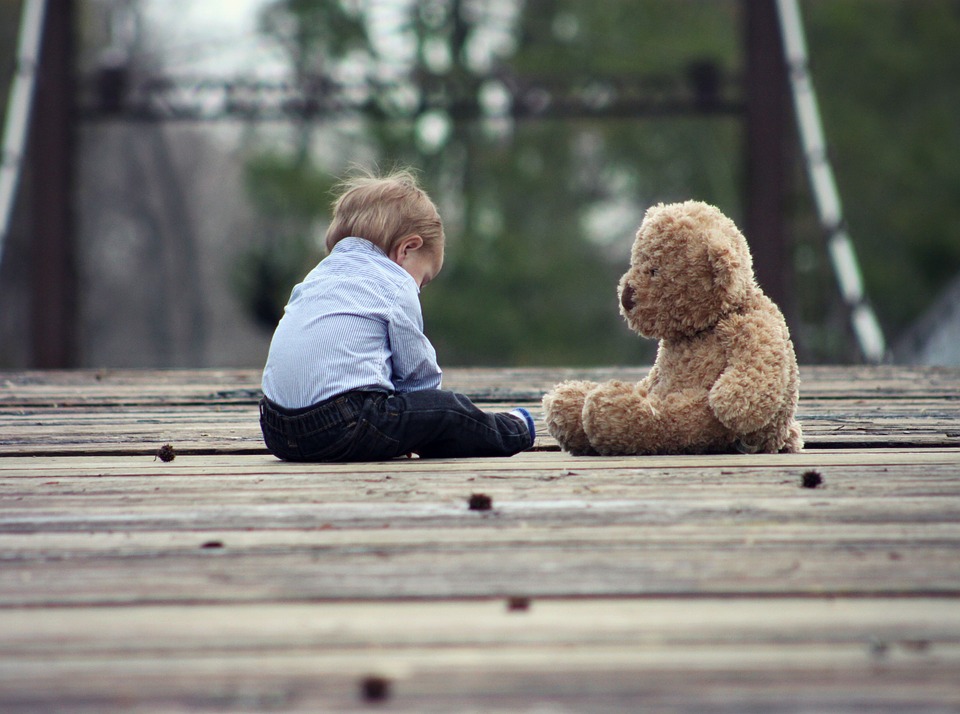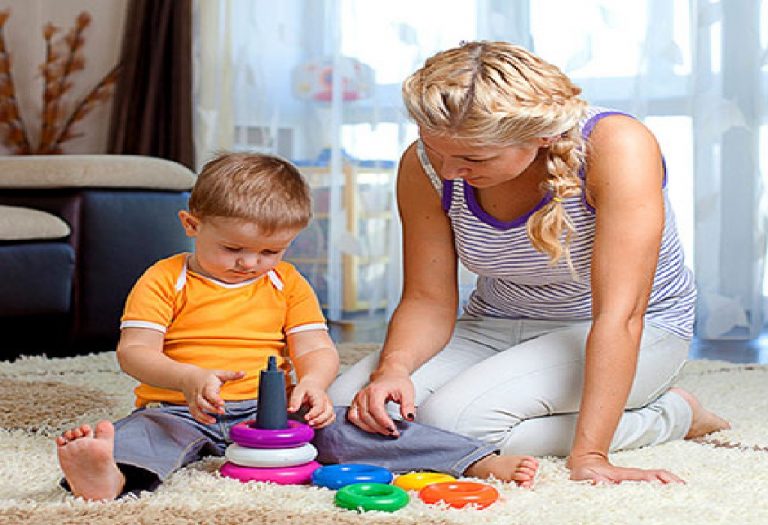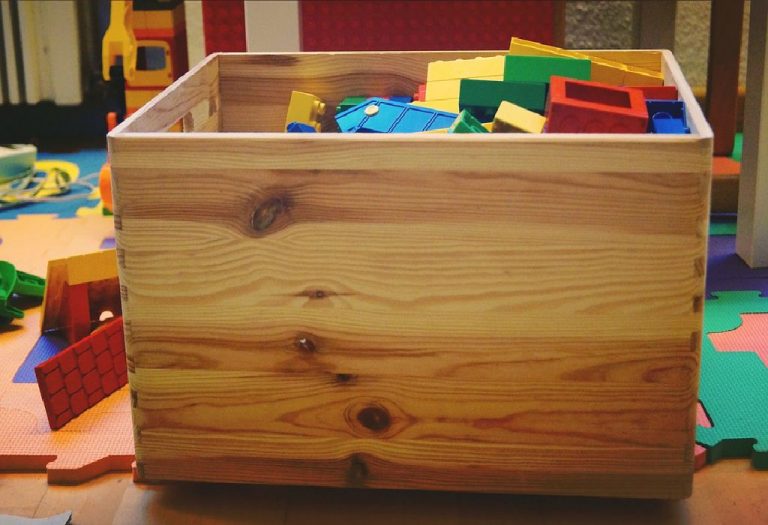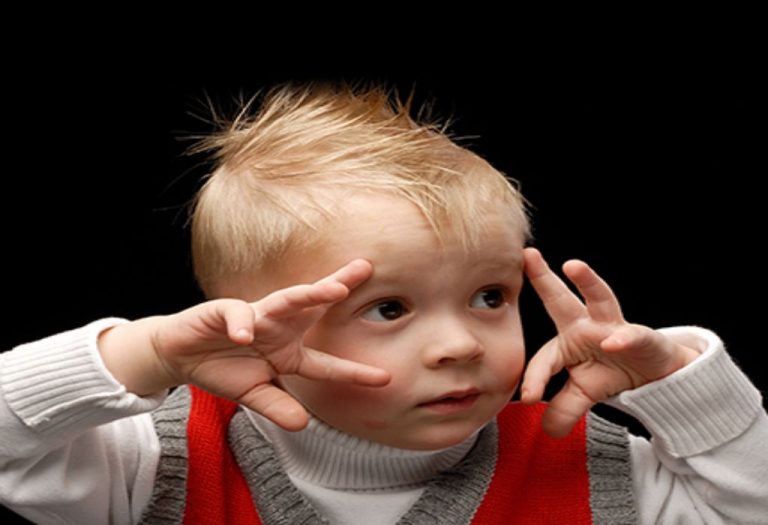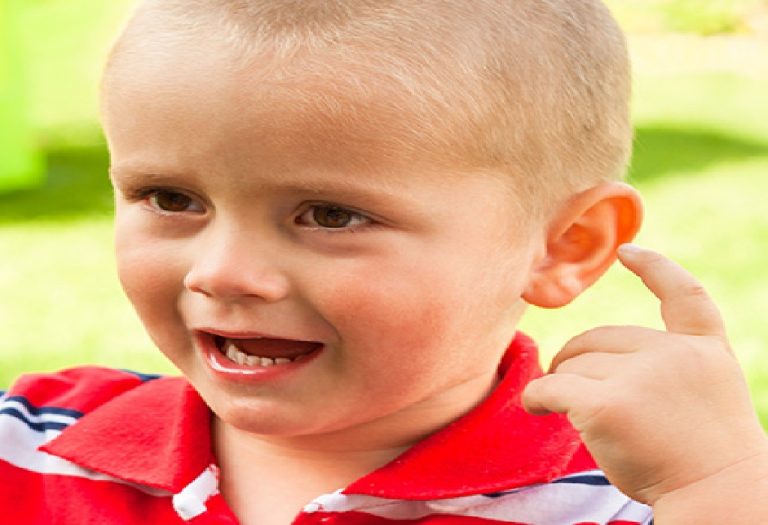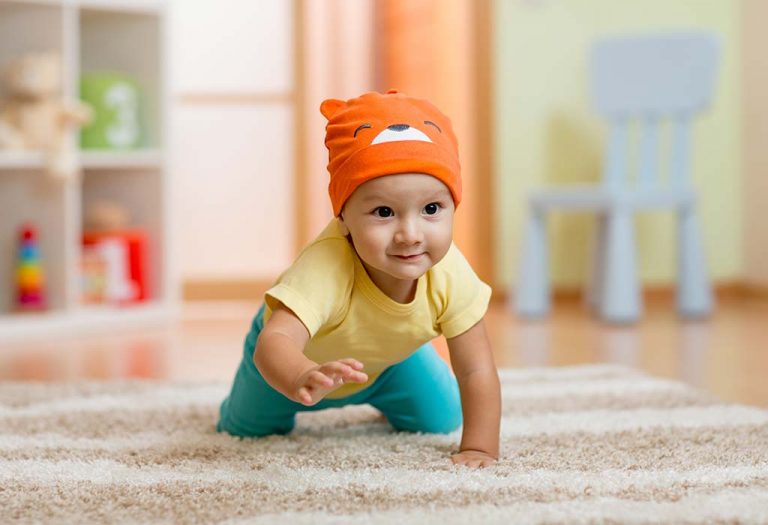Why Your Toddler Talking to Himself Is a Good Thing
Self-talking in children can concern some parents. But is it really worrisome? Learn how self-talk is a display of kids’ growing imaginary world and the way they connect real-life objects with that world. It’s a phase that’s as important as it is interesting!
Most kids engage in self-talk, either with themselves or with their toys. This is a self-talk child development trait that occurs at a certain period in toddlers’ lives. Although self-talk is seen in adults and children too, it is more observed in kids. Find out what it signifies and whether you need to be concerned or not.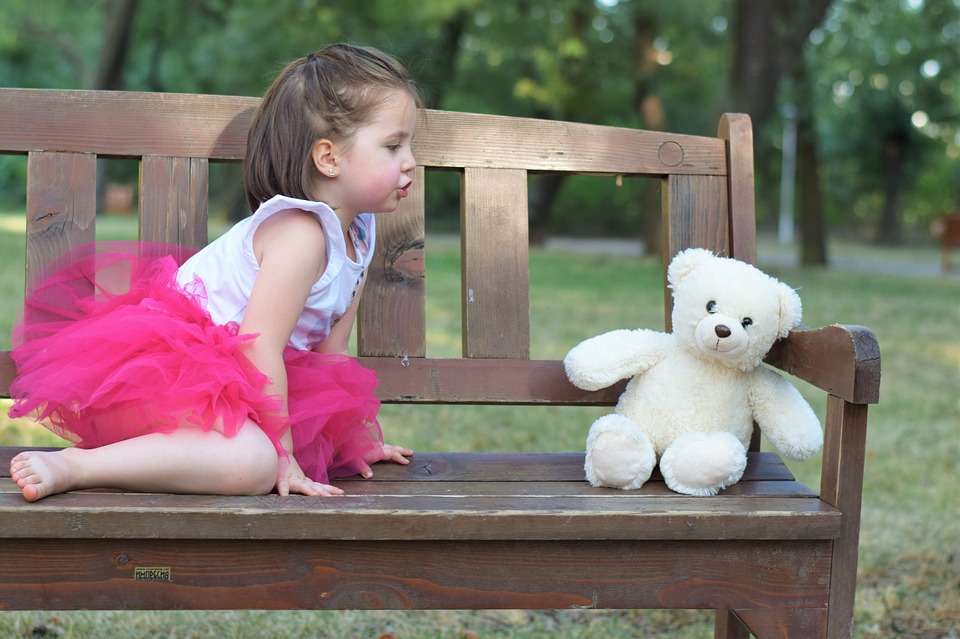
Conversations with Inanimate Objects: The Why
Self-talk in kids is related to their cognitive development. Studies show that it’s a form of communication that kids participate in in their imaginary world. The characters they converse with in this fanciful universe may be the same as in real life, but a toddler talking to himself actually perceives himself playing a different role other than himself. In this role, he may imitate what he’s seen others do. Toys can also play important characters in this world, which is why toddlers speak to them.
1. Developmental Aspects Associated with Kids’ Self-talk
If you are a parent to a kid who ages between 3 and 5 years, you may ask whether it’s normal for toddlers to talk to themselves. According to child psychologists, it’s kids’ way of expressing their innermost feelings and thoughts. Moreover, this trait also helps them familiarise with their environment, leading to a better hold of language. The next time you see your toddler talking to his toys, rest assured that he’s only going through a phase and will outgrow it in time.
2. How Toddlers’ Self-talk Differs from Adults’
Unlike adults, self-talk in toddlers is more obvious and even loud. They forget the environment they are in and are transported to their imaginary world. They may question themselves and their toys loudly and use gestures too. These self-conversations demonstrate examples of private speech in children and are completely unilateral. They can be termed as egocentric speech.
Self-talking in children also encompasses a three-stage action – private speech about a completed action or plan, an action in progress, and finally, the conclusion. This process may be repeated many times to form a story.
3. How Self-talk Benefits Your Child
Numerous studies have shown that self-talking is beneficial for kids. Here are some important advantages that you must note:
- Intelligence is the most significant factor of self-talk in child development. Kids with a higher frequency of self-talk are looked into as being smarter than those who don’t engage in it.
- When a toddler self-talks, he shows his acquaintance and family about the concepts he has learned in the real world. This should reassure you that your child is developing.
- Do you often see your toddler having conversations with toys and himself? It shows he’s less capricious and is his self-control is improving. Impulsive children, on the other hand, may be prompted to use verbal commands and may need guidance to talk to themselves.
WATCH: 7 Early Signs Of Autism
Self-Talking – When to Worry
Self-talking in toddlers is only natural. Children relish day-dreaming and having unfathomable talks with their inanimate friends. They can have endless conversations with imaginary friends, like pets and inanimate dolls and teddy bears. Mostly, they repeat what they hear from their parents. It signifies their curiosity to learn about new things and brain development.
However, if a child is repeating the same sentence, it is a matter of concern. Self-talking and repetitive talk go along, but if it continues for long, the child might have developmental difficulties. Repetitive self-talking is sometimes a symptom of autism in children. If you notice that on making certain changes in your child’s schedule, he gets upset and indulges in self-talking to calm himself, you should soon consult a doctor.You should not form your assumptions too soon. Self-talking and repetitive talk cannot be considered as a conclusive factor to determine if your child is autistic or not. The signs of autism in children are more complex. Self-talk, on the other hand, is a steppingstone to their development.
Self-talking in toddlers is very common especially between 3-5 years of age. Hereafter, the habit gradually recedes.


